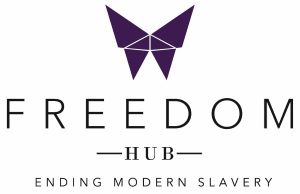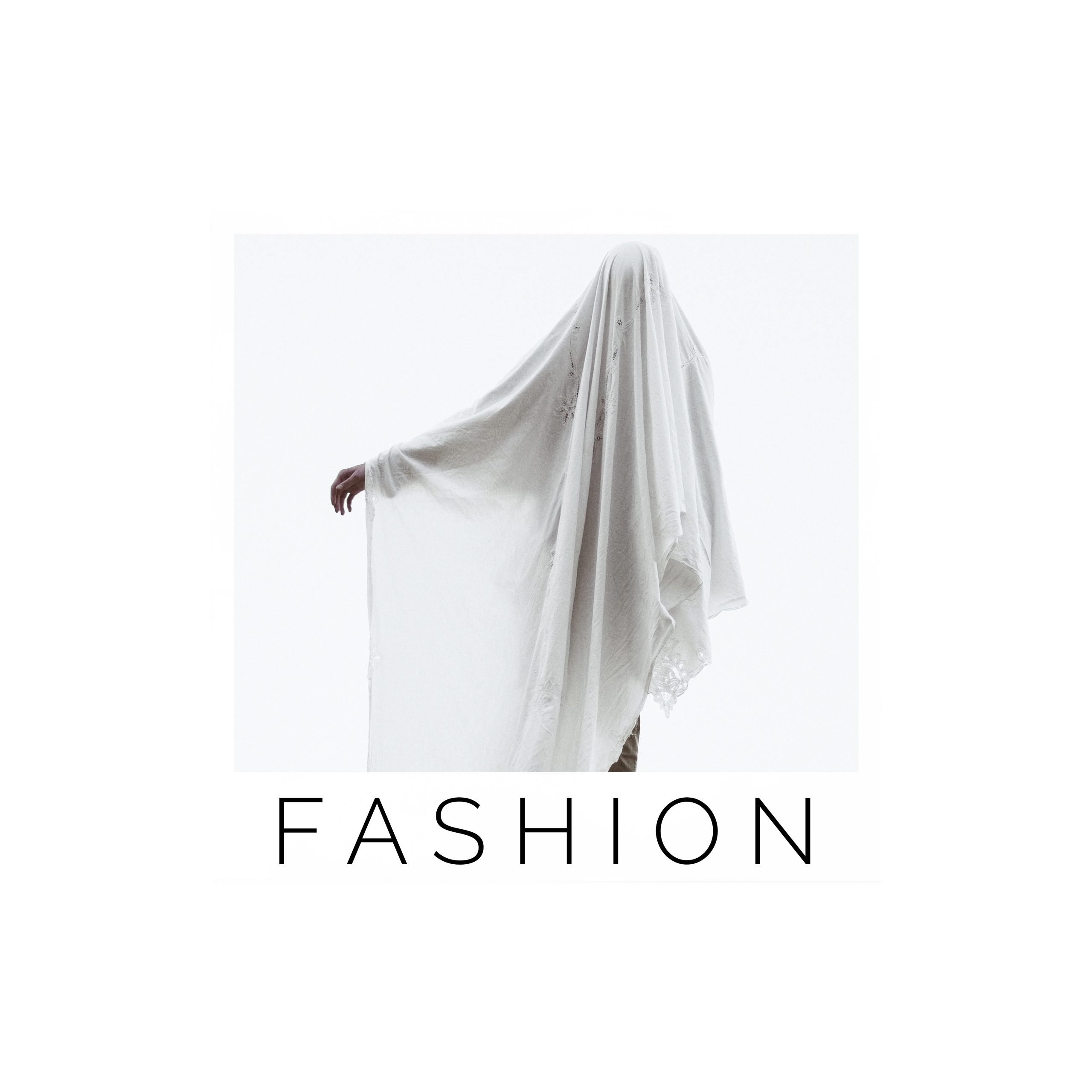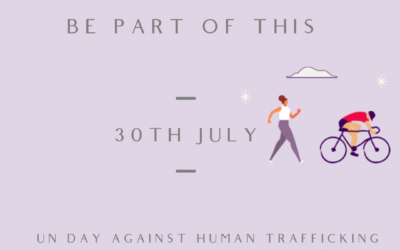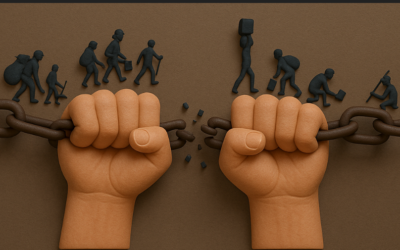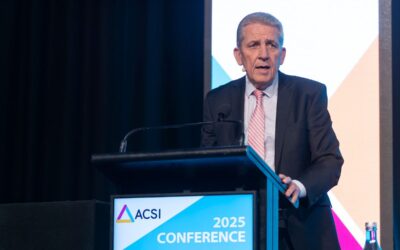The Cruel Cost of Cotton
We look at our wardrobes, and we see the end result of unseen labour. But we now know that there is modern slavery in every aspect of the products we consume. The cruel cost is hidden in the production of the materials. And, one very large area that modern slavery exists is in the harvesting and production of cotton in China and Uzbekistan.
In the Xinjiang region in northwest China, there is a mass detention of the Uyghur people. They are a Muslim minority group.
The Uyghur people held in these detention centres are facing horrific human rights violations. For example forced labour, torture and compulsory sterilisation of Uyghur women. This is an act of genocide.
–
Cotton in Fashion
The true reality of what has taken place in these detention centres, is likened to concentration camps. But it remains censored. However, we do know that the results of forced labour of the cotton production taking place in these camps. It has made its way to the world’s biggest fashion brands and retailers.
The global fashion industry relies heavily on Chinese cotton. As evidenced by the fact that 85 per cent of fashions cotton is produced in Xinjiang. It is then turned into clothes in Chinese factories. Or it is sent to other garment manufacturing countries in Asia.
In the US alone, 24 per cent of all imports are of cotton for textile and apparel. This is a category worth $11.1 billion, that comes from China. Similarly in Europe, China accounts for 29 per cent of all clothes imported from outside of the continent. Infact, Global fashion brands have sourced cotton extensively from the Xinjiang region. It is now estimated that as many as one in five cotton products currently being sold worldwide, can be linked to the modern slavery of the Uyghur population in Xinjiang.
Awareness is Rising
Awareness to these atrocities is rising. So governments and global fashion brands, such as H&M, are blocking relationships with Chinese cotton suppliers. This is to protect their supply chains from modern slavery.
Countries like the UK and USA have already created legislation to force companies to disclose of their supply chains. They have even blacklisted companies in Xinjiang connected to these human rights violations. As a result they aim to ensure that products from the Xinjiang region do not enter the country and sold on their market.
Now, there is a similar push in Australia to ban products made by Uyghurs’ and other Muslim minority groups in forced labour camps.
Legislations such as our Commonwealth Modern Slavery ACT are vital to ensuring that modern slavery is eradicated in large Australian companies’ supply chains.
–
Part of The Freedom Hub’s mission is to partner in the fight to end global slavery. We help create ethical businesses through training on checking the risk of slavery in the their organisation. To educate all Australian businesses on modern slavery, would be the dream. Resulting in human rights becoming a standard part of all business. We do this while continuing to support survivors of modern slavery in our Survivor School.
Your support and donations to the Freedom Hub are important. They help raise awareness for the worldwide reality of modern slavery. Also ensuring Australian businesses are being trained to be ethical. And that we can continue to support survivors of modern day slavery to build a future with freedom.
Written by: Krissy Kime – TFH Volunteer Fashion Blogger
–
Join our Community
If you would like to volunteer, contact us here.
Or if you would like to get our monthly up date, opt in here.
If you would like to support a survivor, donate here. (tax deductible)
SO THANK YOU FOR TAKING THE TIME TO READ OUR BLOG XX (Please review it or share it with others).
–
Other blogs you might enjoy:
Three Women: Real Lives – Trafficked
Survivor News September 2020 Recap
